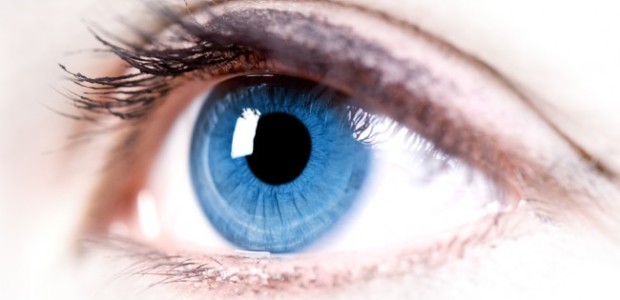Glaucoma is a complex eye disease caused by damaged optic nerve, which, if not treated on time, can even cause blindness. Over a million fibres form the optic nerve and they all work together, so if even a few of them are damaged, pressure in your eye increases. Unfortunately, the disease has no typical symptoms so many people notice that there is something wrong only when they are half way to become blind and it is too late for intervention. Glaucoma is the second leading cause of blindness in the world. Apart from slow and gradual vision loss, there are no other symptoms.
Benefits of early treatment
When was the last time you visited your eye doctor? People tend to put off these things, but they shouldn’t. If you have changed your prescription lately, perhaps you should check your intraocular pressure. Also, if you have problems with peripheral vision on both eyes then you might be dealing with Primary open angled glaucoma (the most usual type of glaucoma). On the other hand, whether you feel the pain in your eyes (no matter if it is a soft sense of burning or something more severe) or you have problems with blurred vision or cannot see clearly especially when it’s a bit darker), you are likely to be diagnosed with acute angle-closure glaucoma. In both cases, on-time detection will stop the progression of this dangerous disease and stabilize your current condition.
Risk factors
Although not everyone with higher intraocular pressure appears to develop glaucoma, this can be clear indicator that something is out of order. The age doesn`t seem to play a significant role. However, here are a few interesting observations. African-Americans are at much higher risk of developing the disease in the early life (from early twenties to middle thirties). There is an increased possibility of getting all types of glaucoma if you are older than 60. Asians are more likely to get acute angle-closure glaucoma, while there are reasons to doubt that an open-angled glaucoma is genetically preordained (there are links between 2-3 generations). Glaucoma may be caused by physical eye injuries, but it can also be a side effect of an eye surgery or other serious diseases like diabetes, hypothyroidism or heart diseases.
Treatment
As we mentioned before, it is more likely to be effectively treated if the disease is discovered in its early stage. Glaucoma treatment involves several methods which can be applied depending on your current phase. You can be treated with eye drops, prostaglandins, beta blockers, carbonic anhydrase inhibitors or miotic or cholinergic agents. Method of treatment can vary and it depends on your state and the type of glaucoma which you suffer from. When there are no other possibilities, there is only one more step left – the surgery. Again, you can choose between laser and filtering surgery.
Even if you have recognized some of these symptoms as your own it does not have to mean that you cannot fight the disease. Change some of your bad habits with healthier ones – reduce caffeine intake, drink more water, and eat healthy food. All this can help you fight the disease.



